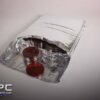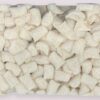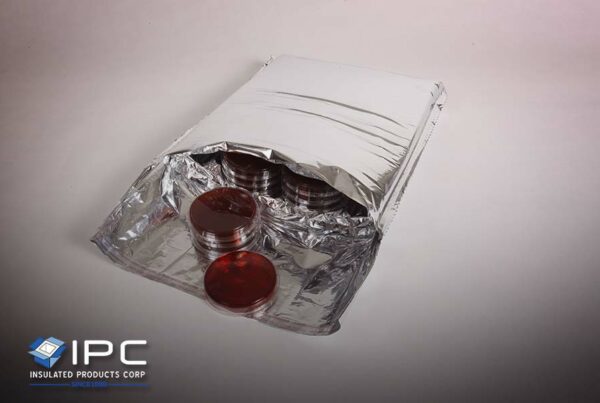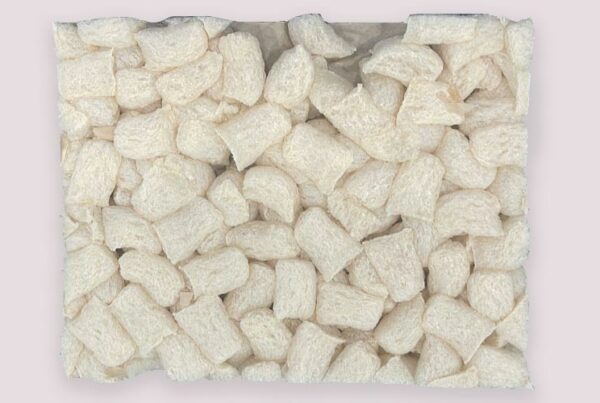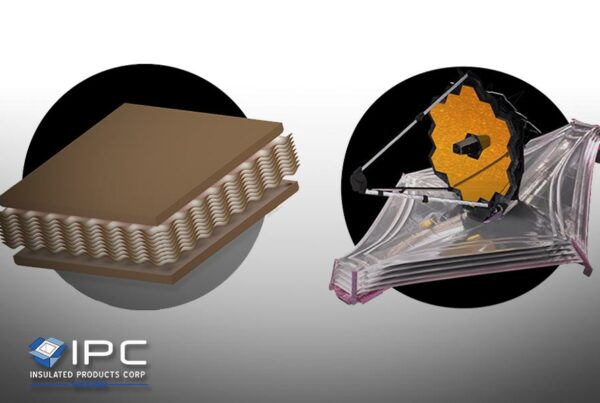
Not too long ago, many families would have to stock up on food supplies ahead of the cold winter season ahead, knowing that they would not be able to get any fresh produce until spring.
Without today’s advanced insulated shipping technologies, it was not possible to transport temperature-sensitive produce long distances around the country without spoilage, and diets were restricted to products that grew naturally in local areas.
Developments in insulated shipping methods
This problem came to an end in the 20th century thanks to substantial improvements in insulation technologies used in long-haul shipping, developments that made it possible for people around the country to enjoy their favorite fruit and vegetable products all year round.
Challenge: Many products are sensitive to freezing temperatures
The problem that arises when shipping food products is the sensitivity to freezing temperatures. Whether any damage occurs to the product during freezing depends on the particular item. While some fruit and vegetables can handle freezing temperatures just fine, others will become permanently damaged if they encounter air temperatures of 32° F or below.
The table below shows common fruit and vegetables that are susceptible to damage during freezing.
| Table 4. Fruits and vegetables susceptible to chilling injury when exposed to temperatures below their optimum range and above 32°F. | ||
| Commodity | Approx. lowest safe temperature (°F) | Symptoms of injury from below – optimum temperatures |
| Apples-certain cultivars |
36–38
|
Internal browning, brown core, soggy breakdown, soft scald |
| Asparagus |
32–36
|
Dull, gray-green, limp tips |
| Beans (lima) |
34–40
|
Rusty brown specks, spots, or areas |
| Beans (snap) |
45
|
Pitting and russeting |
| Cucumbers |
45
|
Pitting, water-soaked spots, decay |
| Eggplants |
45
|
Surface scald, alternaria rot, blackening of seeds |
| Melons | ||
| – Cantaloupe |
36–41
|
Pitting, surface decay |
| – Honey Dew |
45–50
|
Reddish-tan discoloration, pitting, surface decay, failure to ripen |
| – Casaba |
45–50
|
Same as above, but no discoloration |
| – Crenshaw and Persian |
45–50
|
Same as above, but no discoloration |
| – Watermelons |
40
|
Pitting, objectionable flavor |
| Okra |
45
|
Discoloration, water-soaked areas, pitting, decay |
| Peppers, sweet |
45
|
Sheet pitting, alternaria rot on pods and calyxes, darkening of seed |
| Potatoes |
38
|
Sweetening |
| Pumpkins and hardshell squashes |
50
|
Decay, especially alternaria rot |
| Sweet Potatoes |
55
|
Decay, pitting, internal discoloration; hard core when cooked |
| Tomatoes | ||
| – Ripe |
45–50
|
Water soaking and softening decay |
| – Mature-green |
55
|
Poor color when ripe, alternaria rot |
The fruit and vegetables in the table above will discolor, deform and change in texture if allowed to reach a freezing point.
A solution was presented; reefer containers, but they came with a significant drawback.
Reefer containers: an imperfect alternative
Reefer trucks and trailers are capable of both heating and cooling cargo compartments. But while they provide an effective method of maintaining a controlled temperature, they are also highly cost- and energy-intensive, adding substantially to overall fuel consumption and transport cost.
These refrigerated units also tend to break down from time to time. The downtime and repairs can be costly, not to mention the cost of ruining an entire container-load of produce.
A superior alternative
IPC provides a better solution, one that effectively controls the temperature of your shipment at a fraction of the price of refrigerated shipping.
Our Insulated Cargo Blankets use advanced, proprietary technology to provide high-performance temperature control without any need for an energy source. Simply load your goods, place the CooLiner cover over your products, and ship them on to their destination.[/vc_column_text][/vc_column][/vc_row]
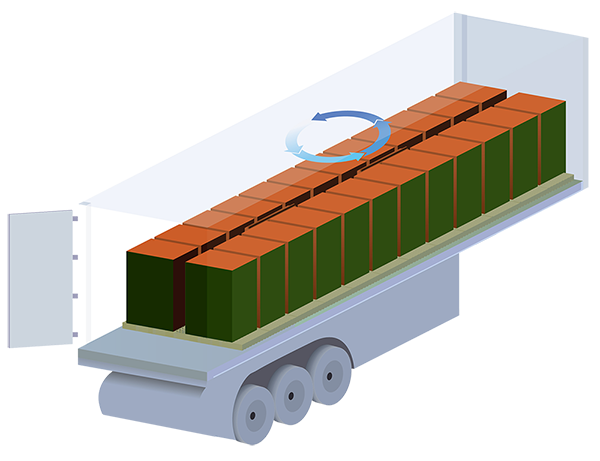
The CooLiner Insulated Cargo Blanket keeps fruit and vegetables at a controlled temperature throughout the transit duration, preventing against damage due to cold ambient temperatures.
While refrigerated coolers are costly and subject to breakdowns, our highly efficient Insulated Cargo Blankets work as long as you need them to.
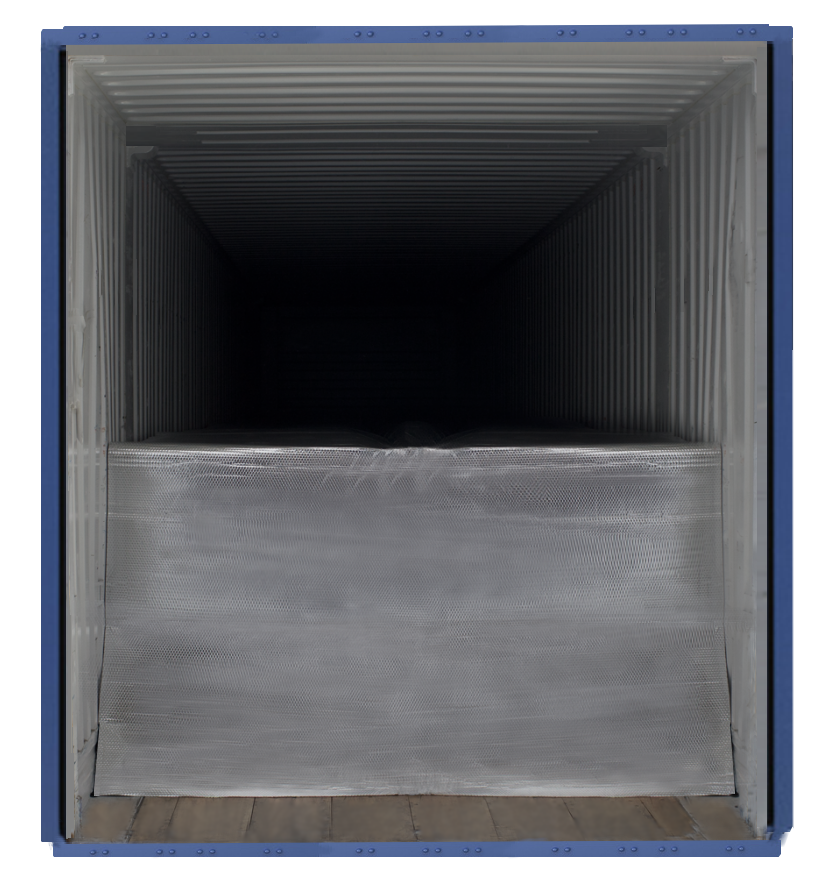
Find out more about our insulated pallet covers and performance testing data here.


